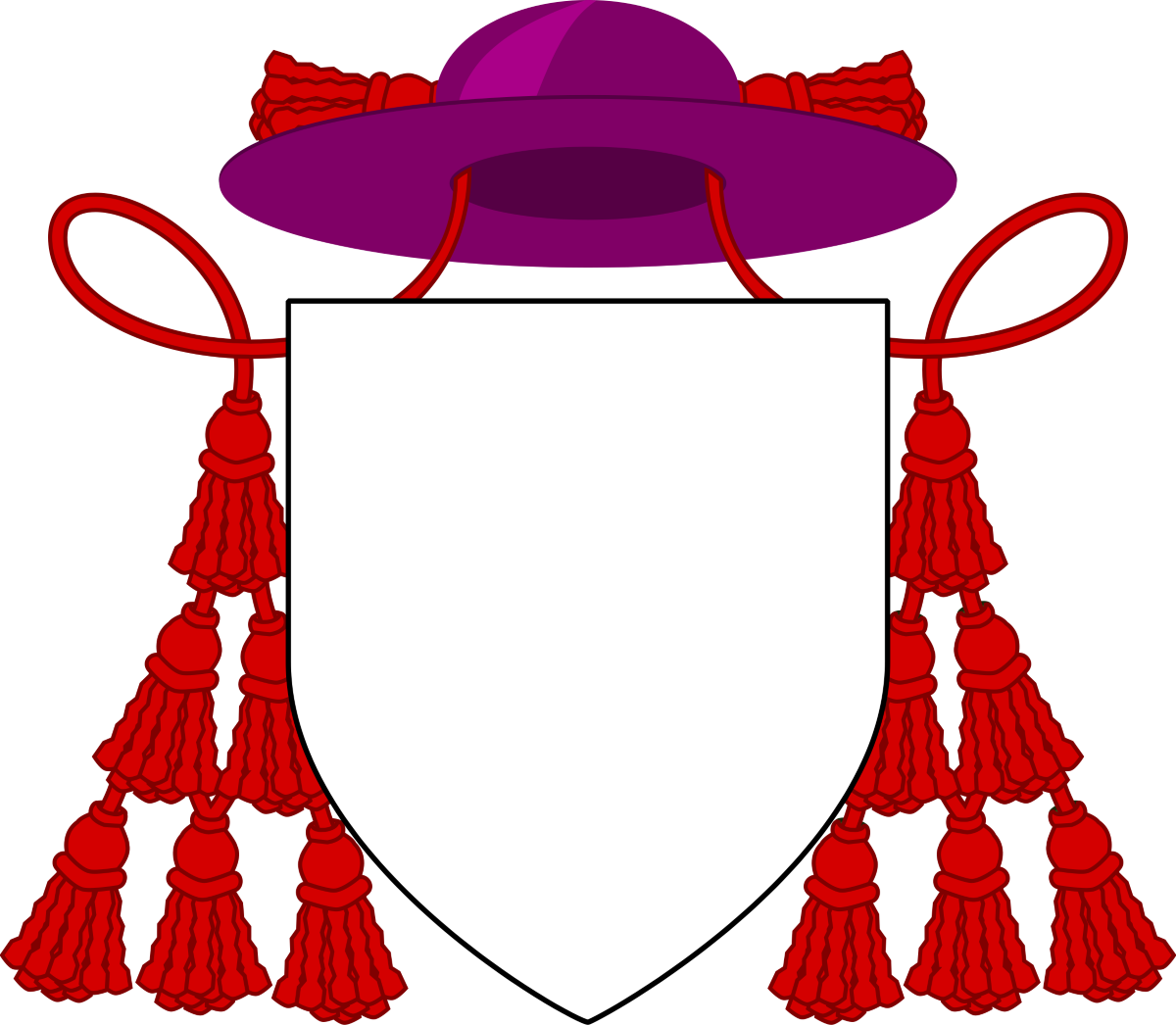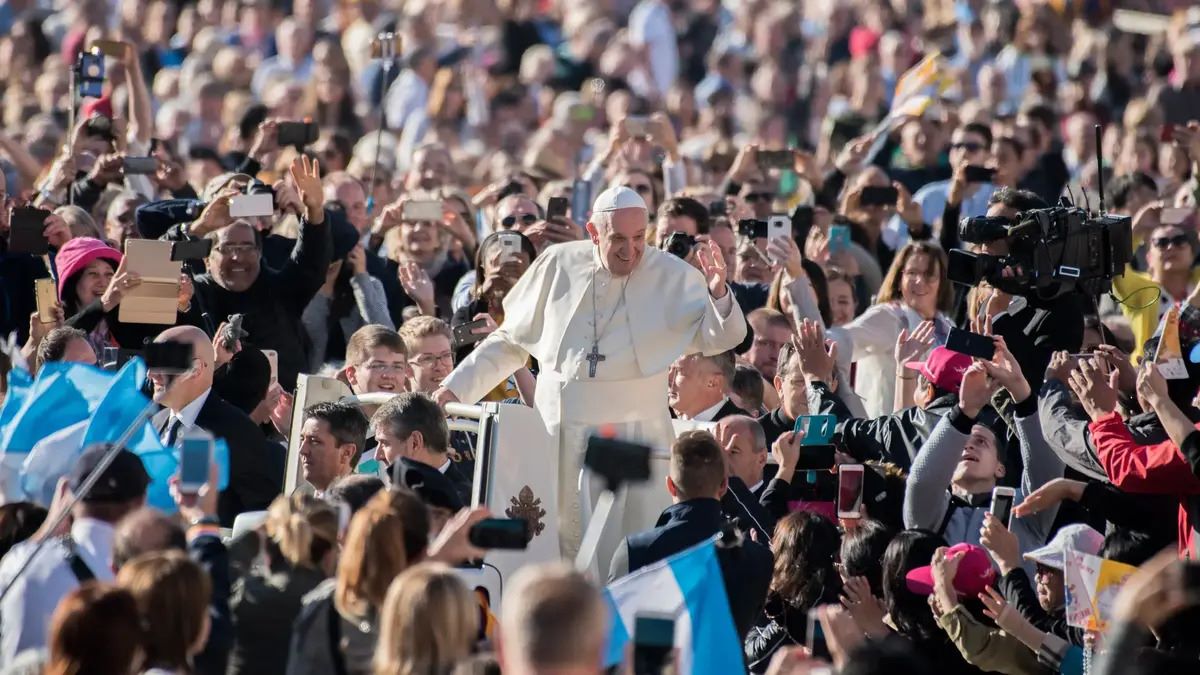
What is a Protonotary Apostolic? A Protonotary Apostolic is a high-ranking official within the Catholic Church, specifically within the Roman Curia. These individuals hold one of the highest non-episcopal honors and are often involved in significant administrative duties. They are part of the College of Protonotaries Apostolic, which dates back to ancient times. Their responsibilities include authenticating papal documents, overseeing certain liturgical functions, and sometimes serving as advisors to the Pope. While the role has evolved over centuries, it remains a prestigious position reflecting deep commitment and service to the Church. Curious about more details? Let's dive into 20 intriguing facts about these distinguished church officials.
What is a Protonotary Apostolic?
A Protonotary Apostolic is a high-ranking official in the Roman Catholic Church. These individuals hold significant responsibilities and privileges within the Church hierarchy. Let's dive into some fascinating facts about them.
-
Historical Roots: The role dates back to the early centuries of the Church, with origins in the Roman Empire's administrative system.
-
Papal Appointment: Only the Pope can appoint a Protonotary Apostolic, making it a prestigious position.
-
Types: There are two types: Protonotaries Apostolic de numero (active in the Vatican) and Protonotaries Apostolic supernumerary (honorary title).
-
Distinctive Attire: They wear specific vestments, including a purple cassock, which signifies their rank.
-
Document Authentication: One of their primary duties is to authenticate important Church documents.
Responsibilities and Duties
Protonotaries Apostolic have a range of responsibilities that are crucial to the functioning of the Church. Here are some key duties they perform.
-
Record Keeping: They maintain records of significant events in the Church, such as papal decrees and canonizations.
-
Liturgical Functions: They often participate in major liturgical ceremonies, adding to the solemnity of the occasion.
-
Advisory Role: They serve as advisors to the Pope on various ecclesiastical matters.
-
Canonical Processes: Involved in canonical processes, they ensure that Church laws are properly followed.
-
Diplomatic Missions: Sometimes, they are sent on special diplomatic missions on behalf of the Pope.
Privileges and Honors
Being a Protonotary Apostolic comes with several privileges and honors that reflect their esteemed position within the Church.
-
Honorary Precedence: They have honorary precedence over other clergy in liturgical ceremonies.
-
Papal Chapel: They have the right to participate in the Papal Chapel, a significant honor.
-
Special Insignia: They are entitled to wear special insignia, including a ring and pectoral cross.
-
Title of Monsignor: They are often addressed as "Monsignor," a title of respect and honor.
-
Papal Audience: They have easier access to private audiences with the Pope.
Modern-Day Relevance
Despite their ancient origins, Protonotaries Apostolic remain relevant in the modern Church. Here are some ways they continue to impact the Church today.
-
Ecumenical Efforts: They play a role in ecumenical efforts, fostering dialogue between different Christian denominations.
-
Cultural Preservation: They help preserve the Church's cultural and historical heritage through their record-keeping duties.
-
Educational Contributions: Many are involved in educational institutions, contributing to the intellectual life of the Church.
-
Pastoral Work: Some engage in pastoral work, providing spiritual guidance to the faithful.
-
Global Influence: Their influence extends beyond the Vatican, impacting local churches worldwide.
Final Thoughts on Protonotary Apostolic
Protonotary Apostolic, a title steeped in history, holds significant importance within the Catholic Church. These senior members of the clergy play crucial roles in church administration, ceremonies, and documentation. Their responsibilities include overseeing important church records, participating in liturgical functions, and sometimes acting as representatives of the Pope.
Understanding the role of Protonotary Apostolic provides insight into the intricate workings of the Catholic Church. Their contributions ensure the preservation of church traditions and the smooth operation of ecclesiastical affairs. This title, though not widely known, represents a vital link in the chain of church hierarchy.
By learning about Protonotary Apostolic, one gains a deeper appreciation for the dedication and service of these distinguished clergy members. Their work, often behind the scenes, supports the spiritual and administrative framework of the Catholic Church, maintaining its rich heritage and continuity.
Was this page helpful?
Our commitment to delivering trustworthy and engaging content is at the heart of what we do. Each fact on our site is contributed by real users like you, bringing a wealth of diverse insights and information. To ensure the highest standards of accuracy and reliability, our dedicated editors meticulously review each submission. This process guarantees that the facts we share are not only fascinating but also credible. Trust in our commitment to quality and authenticity as you explore and learn with us.


